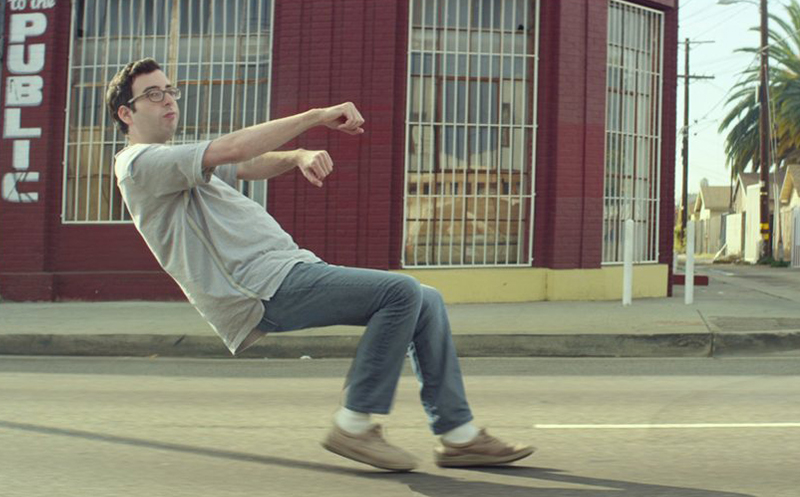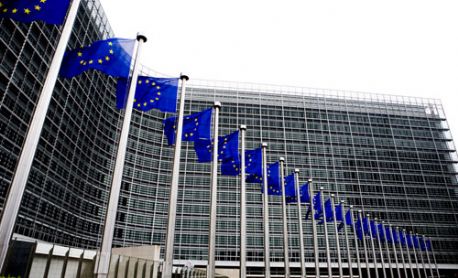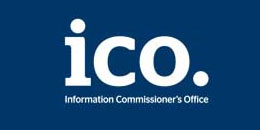A few weeks ago I had an interesting discussion with a few attendees to one of our online marketing workshops. The workshops are designed to give small business owners guidance in what they can be doing to improve their own marketing campaigns with advice on link building, creating content and how they could be using social media to promote their sites.
One particular debate arose on the legality of competitors squatting on variations of their branded domain names, and offering up the domain name for extortionate prices. I did a little research and dugg our the Oasis case study from earlier in the year:

Since 1991, the highstreet brand Oasis has been trading as a UK women’s clothing chain, and in 2006 the domain name oasis.co.uk was acquired by Mr. James Dale who parked the domain name and displayed sponsored links to women’s clothing sites using the DoubleClick advertising network through Google AdWords.
Earlier this year Oasis challenged the registration of the domain oasis.co.uk, stating that the domain took unfair advantage of the company brand and trademark, taking their appeal to Nominet. Under Nominet’s Dispute Resolution Service, the initial case had been won by Oasis, and initially decided that the domain should be transferred to Oasis.
However this was no ordinary Nominet recovery case. Mr. Dale then came forward shortly thereafter to advise that the complaint had been mailed to his previous address, thus meaning he found out about the decision without having a chance to appear to do anything to fight it.
Mr. Dale had failed to update the Whois registration information after changing both physical and email addresses, and only found out about the decision after a friend contacting him to offer commiserations on loosing such a valuable domain. Mr. Dale was able to appeal against the decision, stating that Nominet had his correct details from other correspondence and asked that this violation was overlooked. He was allowed to file an appeal, although the DRS appeal to a three person panel would cost him £3000.
In Mr. Dale’s response to the complaint, the panel allowed the submission of new evidence, which was not their normal practice. However, due to the fact that his non-appearance at the initial hearing was due to circumstances of notification rather than just a basic failure to appear, they felt that the fee for filing the appeal was punishment enough. Thus they allowed the new evidence in the interest of true justice, rather than depriving him of the domain in an unjust fashion. By this time the appeal panel had in essence already found in favor of Mr. Dale based on the merits of the case.
Mr. Dale informed the panel that when he spent £4000 to purchase the Oasis domain name he had no idea that it had been a domain related to a women’s clothes shop. He had no interest in such a business and wanted to use the Oasis domain for a financial services or bingo website. Mr. Dale then produced proof of discussions that had taken place in which he could prove that the domain was intended for financial services. These kinds of claims are often viewed by dispute domain panels with much skepticism, but they could not dispute the proof provided by Dale. Combined with the fact that Oasis was a common English word, the panel accepted Mr. Dale’s argument that he did not wish to target Oasis with the registration of the domain and thus the acquisition of the domain could not be considered an abusive registration.
Due to other factors, however, the case would not end here. Unlike the UDRP, under the DRS abusive use later on is sufficient, even in cases where the domain was actually acquired in a genuine fashion. The question that then came about was if it was abusive to use the domain for sponsored links directing to women’s clothing websites. Under Nominet’s policy, parking pages are not abusive in and of themselves. The nature of the domain, it’s links, and the ultimate responsibility for the domain by the registrant must all be considered by the panel.
Since some parking pages depend on specifications set by the owner while others have content that is generated automatically, the appeal panel found it would be dangerous to simply draw conclusions by looking at parking pages. Parties should explain in detail how their parking pages work, but in this case there was no explanation by either party.
It was then claimed by Mr. Dale that the parking page originally used contained only general links. To build his case against Oasis, Dale produced a statement from the parking company. The statement suggested an uncommon situation of how the women’s clothing links appeared on the domain’s parking page. It seemed that Oasis was using the domain name of “oasis.co.uk”, which was not owned by Oasis, as a keyword in their online marketing campaign. This in turn meant they would be targeting users specifically searching for the domain owned by Mr. Dale. Although Dale’s claim was short and did not provide much detail, the panel thought it was something that should be considered.
Oasis’ dismissal of the claim as “fanciful, unproven, and bizarre” did not satisfy the panel, as there was no statement provided by Oasis that it hadn’t used the keyword “oasis.co.uk” in their marketing efforts.
Since this claim was brought up by Mr. Dale and Oasis didn’t seem to have a valid defense, the panel then decided to check the Oasis website out for themselves. Upon inspection of the Oasis website, it was found that the keyword “oasis.co.uk” was indeed among the keywords being used to drive traffic to their own website.
What turns a genuinely acquired domain into an abusively used one can be assessed by Nominet panels by using the abusive acquisition or abusive use test provided under DRS. The normal approach to this situation has been that liability by the registrant is only present if they actively exploited their position by making reference to the trademark. The panel backed up Mr. Dale’s claim that it was the action’s of Oasis themselves which led to women’s fashion links appearing on the domain oasis.co.uk. Oasis lost it’s appeal as it was proven that not only did Dale not actively exploit his position, but the complaint that Oasis had filed was actually caused by their own behaviour.
While this may have looked like a good case for Oasis, it shows that assuming any DRS case is a “pushover” is a risky assumption. Detailed evidence must be provided explaining how the parking pages of any parties domain work. The content of a domain parking page cannot be assumed to be the responsibility of the registrant, and information from the parking company itself could be a necessity.
My point is this: if you can prove domainers are holding a variation of your domain to capitalise on your brand or trademarks then you probably have a strong case for appeal. If however the domainer can find any excuse (such as not updating their whois record after moving house!), they can drag the process out and duck out if they have some form of proof the domain was acquired for any other purpose.
Also trademark owners need to be aware that it may not be in their best interest to include domain names that they don’t own in their marketing strategy!
Further reading: Is It Me Or Is Everyone Else Stupid, Perspicacious, Ashurst





